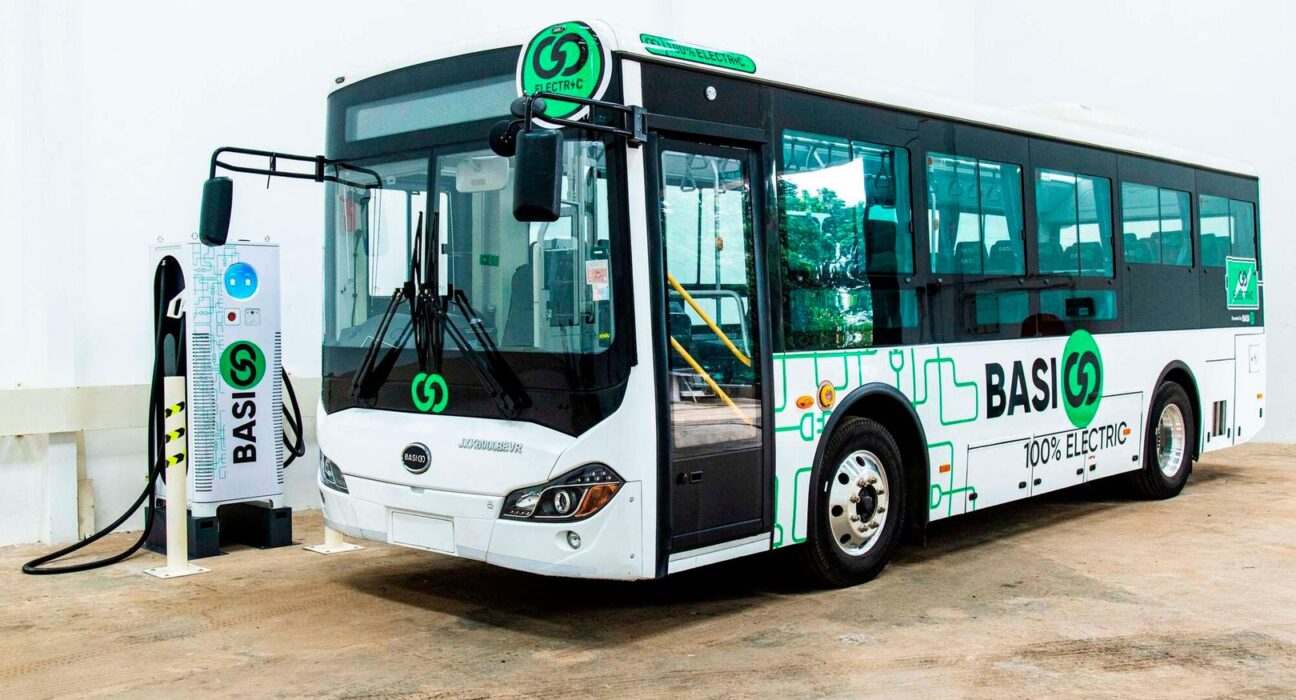BasiGo: Pioneering Clean and Affordable Electric Buses in Kenya

BasiGo is an e-mobility startup on a mission to revolutionize the public transportation sector in Africa. Based in Nairobi, Kenya, BasiGo is led by a team of seasoned entrepreneurs with expertise in electric vehicle technology, sustainable mobility, and renewable energy finance. Together, they’re working to make sustainable mobility a reality in Africa.
In the early days of the COVID-19 pandemic, Kenyan authorities made the decision to suspend bus operations in Nairobi in an effort to curb the spread of the virus. As a result, the city’s infamous ‘matatus’ – the colorful mini-buses that provide public transportation were – were taken off the roads. This led to a dramatic drop in air pollution, with the air so clear that Mount Kenya, 200km away, could be seen in the distance.
The change in air quality was so dramatic that it inspired the creation of BasiGo, an electric bus company founded by Jit Bhattacharya and Jonathan Green in 2021. Bhattacharya, who has a background in East African transport companies, saw the potential for electric buses to reduce air pollution in cities and help fight climate change. BasiGo’s business model is based on leasing electric buses to local bus operators, rather than selling them outright. This allows the company to recoup its costs and ensure that the vehicles are maintained and used properly.
BasiGo’s pay-as-you-drive model involves selling the electric buses without the battery and energy required to power it. The buyers then pay around $0.16 per kilometer to lease the battery and for the energy used. The buses are charged at charging stations in Nairobi which take power from the local grid. This model is ideal for Kenya, where over 90% of the electricity comes from renewable sources. The batteries have a range of 250km on a single charge, making them perfect for most routes in Nairobi. As technology improves, BasiGo plans to import more powerful batteries that can cover even longer distances.
The first two buses introduced by BasiGo were imported from China but the company raised $6.6M in November, 2022, to fund the local assemblage of the vehicles. Now, BasiGo has the capacity to assemble the buses locally, reducing the cost of importing them and creating jobs for the Kenyans. This initiative will also contribute to the country’s economy.









